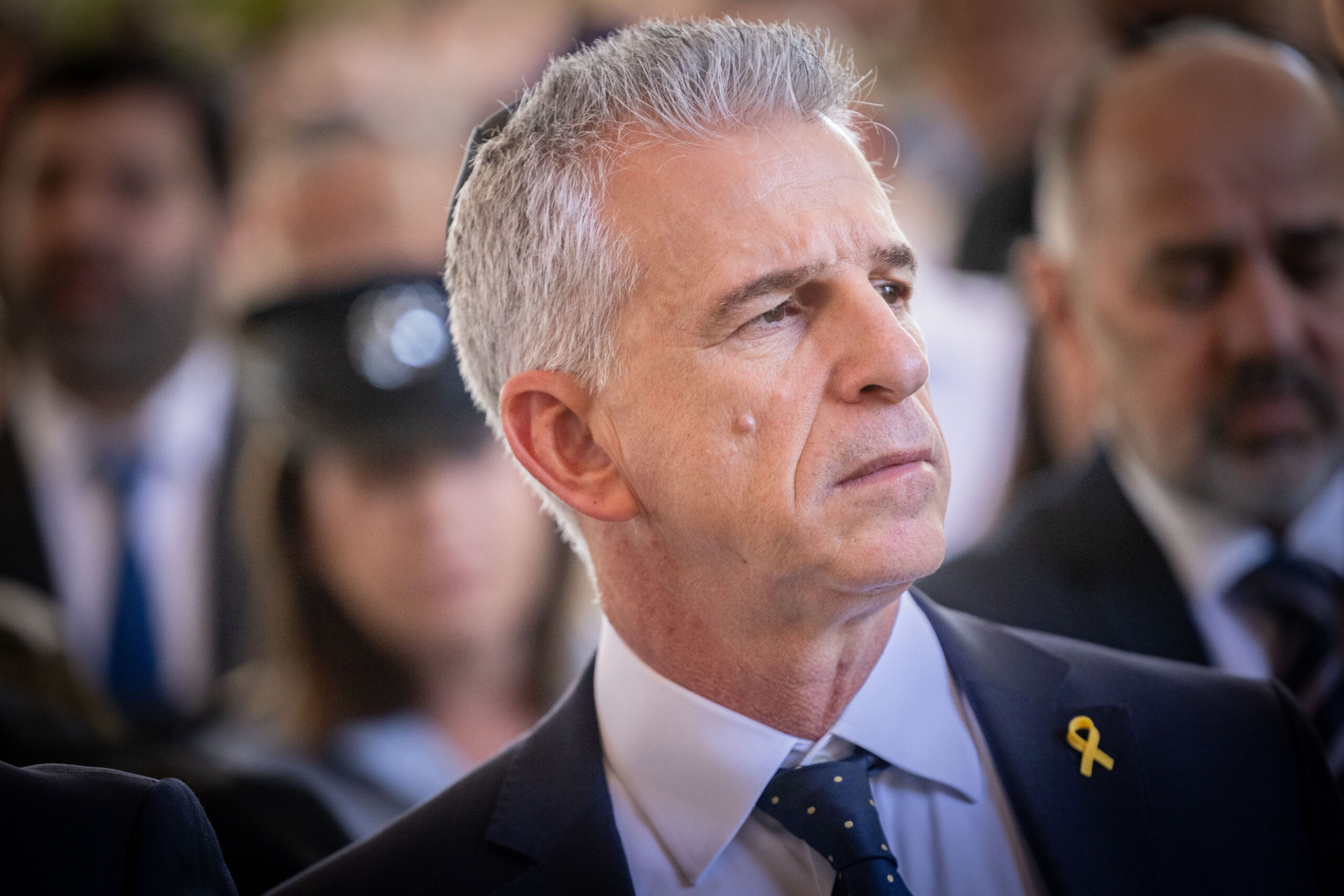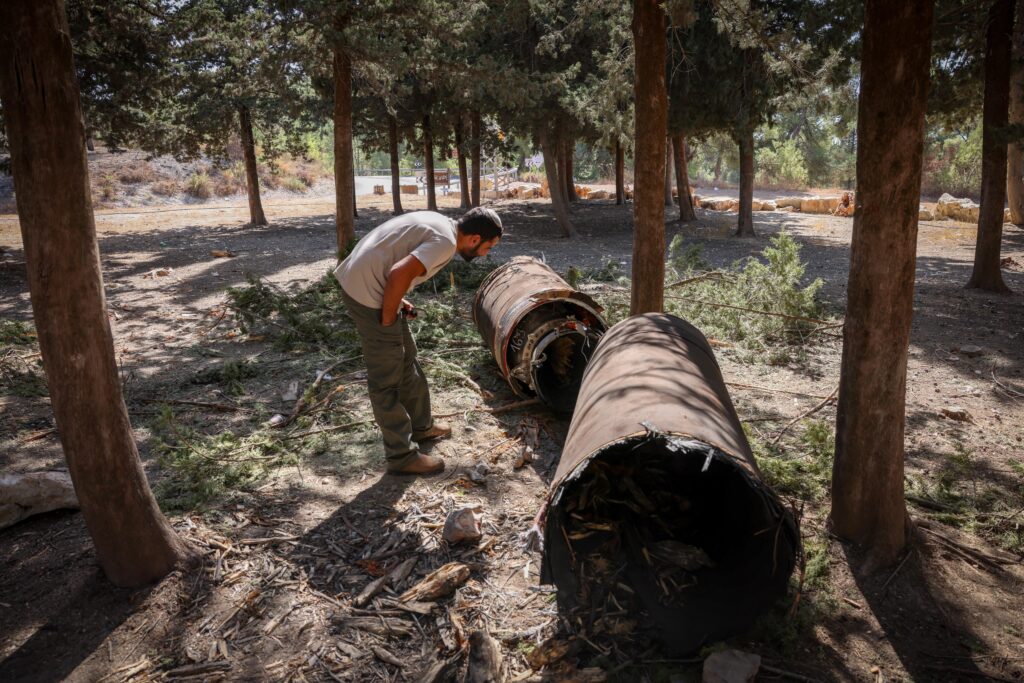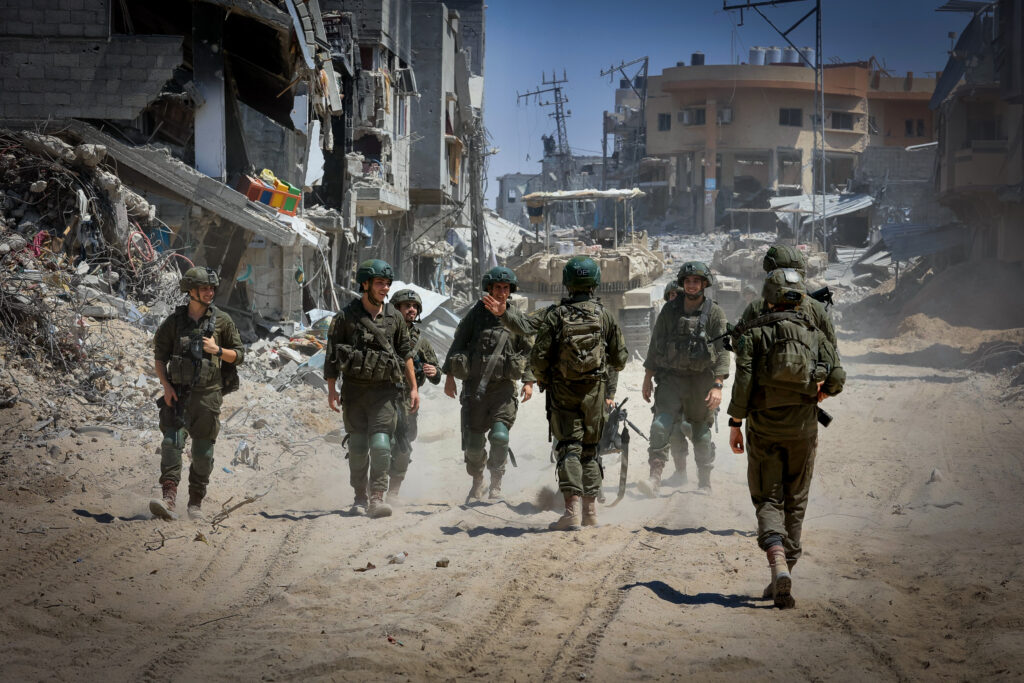
Israel’s Strategic Crossroads: Hostage Negotiations, Iran Threats, and Gaza’s Future
Low Probability of Hostage Deal with Hamas, Says Mossad Chief
In a recent briefing to the families of hostages held in Gaza, Mossad Chief David Barnea expressed that current prospects for a limited agreement with Hamas remain slim, with the terrorist organization steadfastly demanding a halt to military operations, according to Channel 12. Barnea clarified that intermediaries have yet to provide feedback on proposals put forth by Qatar and Egypt, urging families to remain patient.
During the meeting, a family member inquired about the ongoing situation in Gaza, to which Barnea responded that Prime Minister Netanyahu has not authorized negotiators to pursue a broader agreement that would end the hostilities. According to Ynet, Israeli Defense Forces (IDF) operations in Gaza may persist for an estimated six months, as troops continue to clear northern areas.

Reports indicate that Netanyahu recently convened top security officials in Jerusalem to discuss negotiation developments. Although Israel awaits a formal response from Hamas on a Qatari proposal, it appears that Hamas is unwilling to adjust its longstanding demands, which include an IDF withdrawal from Gaza. A recent proposal from Qatar suggested exchanging 11 hostages for a one-month ceasefire, prioritizing the release of women captives. As of the latest intelligence, 51 of the 101 hostages held by Hamas remain alive.
Iran Plans Escalated Attack on Israel Using Larger Warheads
Iran is reportedly preparing a complex and intensified assault on Israel, incorporating more powerful weaponry than in previous operations, sources informed The Wall Street Journal. The potential strike may occur during the U.S. presidential transition, with Iranian officials citing a need to retaliate for recent Israeli strikes that resulted in the deaths of several Iranian personnel.
The IRGC (Islamic Revolutionary Guard Corps) will likely spearhead the offensive, joined by Iran’s conventional forces—a response to Israel’s recent aerial strikes on missile facilities and defense systems within Iran. Although Iran has threatened significant action, U.S. officials have warned that any attacks on Israel before Election Day could be construed as interference in American political processes.

Iranian officials revealed that recent missile and drone movements have been tracked from Iran to Iraq, suggesting potential launch sites for an assault on Israel. In light of these developments, the U.S. has strengthened its presence in the region, deploying additional military assets and warning Tehran of severe repercussions should it proceed with its plans.
Israel’s Strategic Challenges in Gaza, Analysts Say
More than a year into Israel’s military operations aimed at dismantling Hamas’s control in Gaza, experts argue that Israel now faces a strategic decision point. While the Israel Defense Forces (IDF) have made significant tactical advances, former military officials stress that a lasting resolution also requires addressing the civilian governance gap left by Hamas.
Lt. Col. (res.) Amit Yagur highlights the precision of Israel’s operations, noting efforts to minimize civilian harm while engaging Hamas fighters embedded within urban areas. He suggests that Israel needs a combined approach that not only removes Hamas militarily but also addresses the governance void. Yagur proposes that humanitarian assistance be managed directly by the IDF to prevent Hamas from exploiting aid for political gains.

Meanwhile, Moshe Fuzaylov, a former Shin Bet official, underscores that eliminating Hamas is essential for achieving stability in Gaza and the broader region. He advocates for direct military oversight of Gaza, preventing Hamas from reasserting influence. Fuzaylov envisions an international effort similar to the Marshall Plan to support Gaza’s reconstruction, bringing regional allies together to invest in infrastructure and economic growth.
Col. (res.) Gabi Siboni cautions that even with Hamas’s defeat, the challenges in Gaza may persist for years. He points to the need for temporary military governance to oversee civil affairs and establish lasting peace. As the Israeli government seeks to secure long-term stability, its objectives include dismantling Hamas’s military and political networks, ensuring hostage safety, and preventing future threats from Gaza.
The post Israel’s Strategic Crossroads: Hostage Negotiations, Iran Threats, and Gaza’s Future appeared first on Israel365 News.
Israel in the News